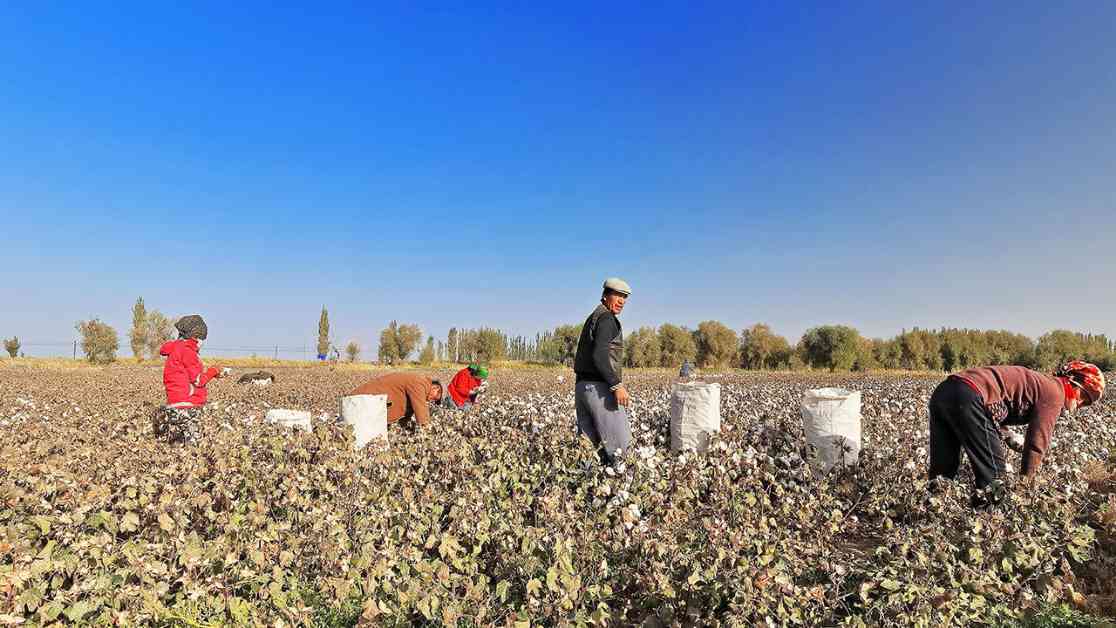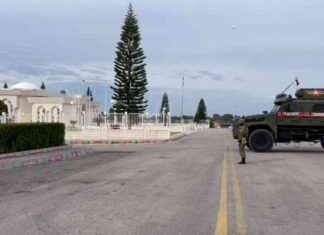In a small village near the historic Silk Road town of Yarkand, located on the fringes of the Taklamakan desert in Xinjiang, China, a group known as the gongzuodui, or “work team,” has been actively working. These officials are sent to impoverished rural areas in Xinjiang with the goal of reshaping the lifestyle and mindset of the Muslim residents. In Konabazar village, this team has been focused on what is known as “ideological mobilisation,” which aims to convince hesitant farmers to pursue alternative forms of work.
The gongzuodui’s efforts are part of a larger strategy employed by the Chinese government in Xinjiang, where they have been winding down re-education camps but continue to utilize work as a means to influence and control the Uyghur population. While the re-education camps have garnered international criticism for their human rights abuses, the focus on work as a form of social engineering has also raised concerns.
The use of work teams in Xinjiang is not a new phenomenon. Historically, these teams have been utilized by the Chinese government to implement policies and initiatives, often targeting minority groups such as the Uyghurs. The gongzuodui’s presence in villages like Konabazar highlights the ongoing efforts to reshape the cultural and social fabric of Xinjiang, particularly in areas with significant Muslim populations.
The impact of forced labor and ideological mobilization on the Uyghur community in Xinjiang cannot be understated. The use of work teams to influence and control the livelihoods of individuals raises serious ethical and human rights concerns. It is essential for the international community to closely monitor and address the situation in Xinjiang to ensure the protection of the rights and freedoms of all individuals, regardless of their ethnicity or beliefs.
As we reflect on the history and impact of forced labor in Xinjiang, it is crucial to recognize the broader implications of these practices on the Uyghur population. The use of work teams as a tool for social engineering not only suppresses individual freedoms but also perpetuates cultural assimilation and erasure. It is imperative for governments, organizations, and individuals to advocate for the rights and dignity of the Uyghur community and work towards ending these oppressive practices in Xinjiang.



























